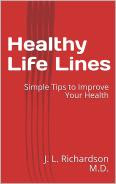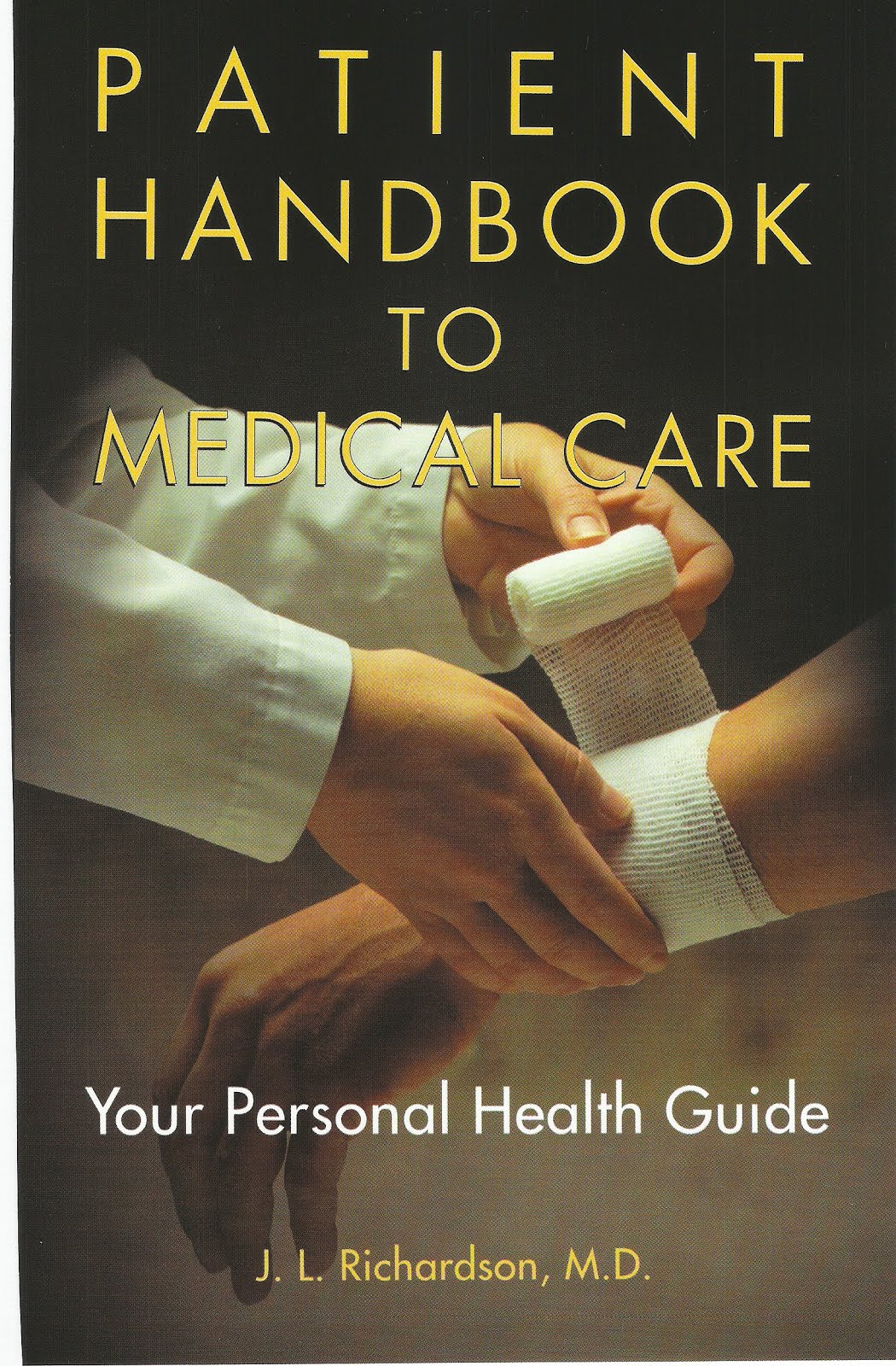Do you know the difference between an allergy and adverse reaction? When taking medication of any type, prescription or non-prescription, reactions from a single or multiple drugs may occur. An allergic reaction usually involves allergy symptoms which may include difficulty breathing, hives, and itching. Adverse reactions may include this and much more essentially indicating your body is unable to tolerate the medicine.
It is important that your health care team is aware of any reactions to medication you have taken. When asked about allergies be sure to include adverse reactions as well. It is also important to note any drug-drug and drug-food interactions you may have experienced. Medication in the same drug class are often offered as alternatives. These can also be adversely tolerated.
Be aware of your medication history and include it in your medical history. Share this with all of your healthcare providers. This will assure that you will be unlikely to be prescribed anything that may cause an allergic or adverse reaction. Best health!


